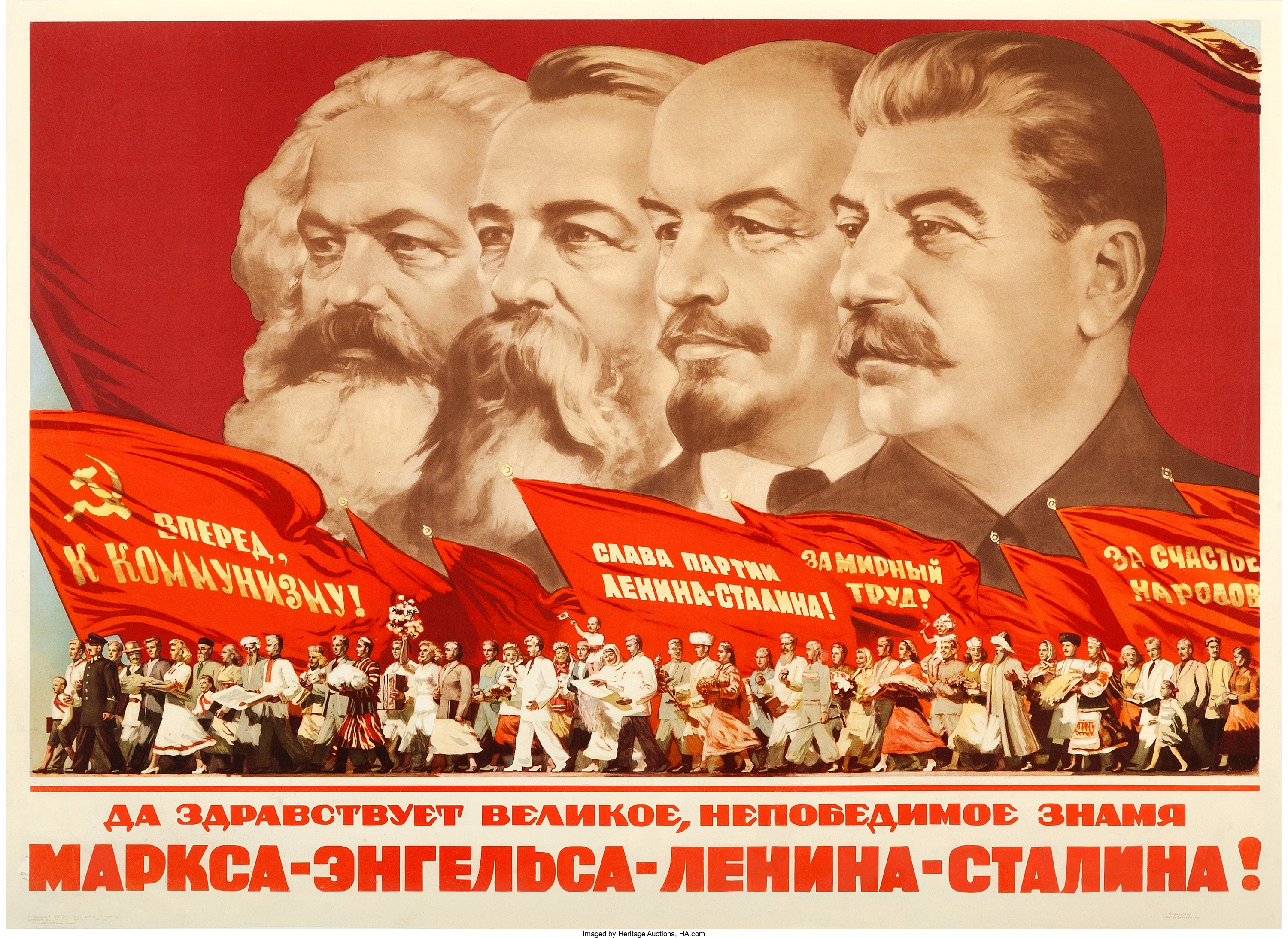
By Jim O’Neal
Joseph Stalin died on March 5, 1953, after ruling the Soviet Union for 25 years and leading the country in its transformation into a major world power. Born Iosif Dzhugashvili in 1878, while in his 30s he took the name “Stalin” meaning “Man of Steel.” After studying at a theological seminary, he read the works of revolutionary socialist Karl Marx, which inspired him to join the 1917 Bolshevik Revolution.
He was a protégé of Vladimir Lenin and after Lenin’s death, Stalin earned a reputation as one of the most ruthless and brutal dictators in world history (“Ideas are more powerful than guns,” he once said. “We don’t let our people have guns. Why should we let them have ideas?”).
After an extended Cold War with the West, the Soviet Union started to unravel when its eighth and final leader, Mikhail Gorbachev, assumed control in 1988. He seemed eager to “destroy the apparat” – weaken the Stalinist structure of the Communist Party and the Soviet state. Only then could he take the bold economic steps to revamp a bankrupt system that was crumbling fast.
The West hailed Gorbachev as the tsar liberator, a political magician, or as Time magazine editorialized in January 1990: “The Copernicus, Darwin and Freud of communism all wrapped into one.” A year earlier, he was Time’s “Man of the Decade.” But in early 1990, Lithuania demanded outright independence and a crowd of 200,000 in the capital of Vilnius demonstrated to get the entire Lithuanian territory returned. This was quickly followed by an Azerbaijani Popular Front rally that escalated into a civil war along the Armenian-Azerbaijani border, with both sides clamoring for independence.
In August 1991, Latvia and Estonia declared restoration of full independence, followed by the Ukraine on Dec. 1. On Dec. 25, Christmas Day, Gorbachev resigned and the following day the Supreme Soviet voted itself and the Soviet Union out of existence.
I first met current Russian President Vladimir Putin in Saint Petersburg in 1992 when he was head of the Committee for External Relations, a group in the mayor’s office responsible for promoting international relations and foreign investment. We started shipping Lays potato chips from Warsaw and soon built a Frito-Lay plant near Moscow. I totally underestimated him and thought he was just another thug, a feeling that was reinforced when we started Pizza Hut in Moscow.
According to Henry Kissinger, Putin has always blamed Gorbachev for the dissolution of the Soviet Union due to his policies of glasnost (openness) and perestroika (reform). “The greatest geopolitical tragedy of the 20th century.” It has always been a mystery to me why they gave up so much when the United States and others were willing to negotiate a softer landing. I haven’t read Putin’s autobiography, but I suspect the Russians will never be satisfied until there is an east-west buffer zone along the Ukrainian border.
After Napoleon and then Nazi Germany, there is an inherent paranoia that will only be exacerbated if Poland ever joins NATO. As philosopher George Santayana so wisely observed, “Those who cannot remember the past are condemned to repeat it.”
 Intelligent Collector blogger JIM O’NEAL is an avid collector and history buff. He is president and CEO of Frito-Lay International [retired] and earlier served as chair and CEO of PepsiCo Restaurants International [KFC Pizza Hut and Taco Bell].
Intelligent Collector blogger JIM O’NEAL is an avid collector and history buff. He is president and CEO of Frito-Lay International [retired] and earlier served as chair and CEO of PepsiCo Restaurants International [KFC Pizza Hut and Taco Bell].
